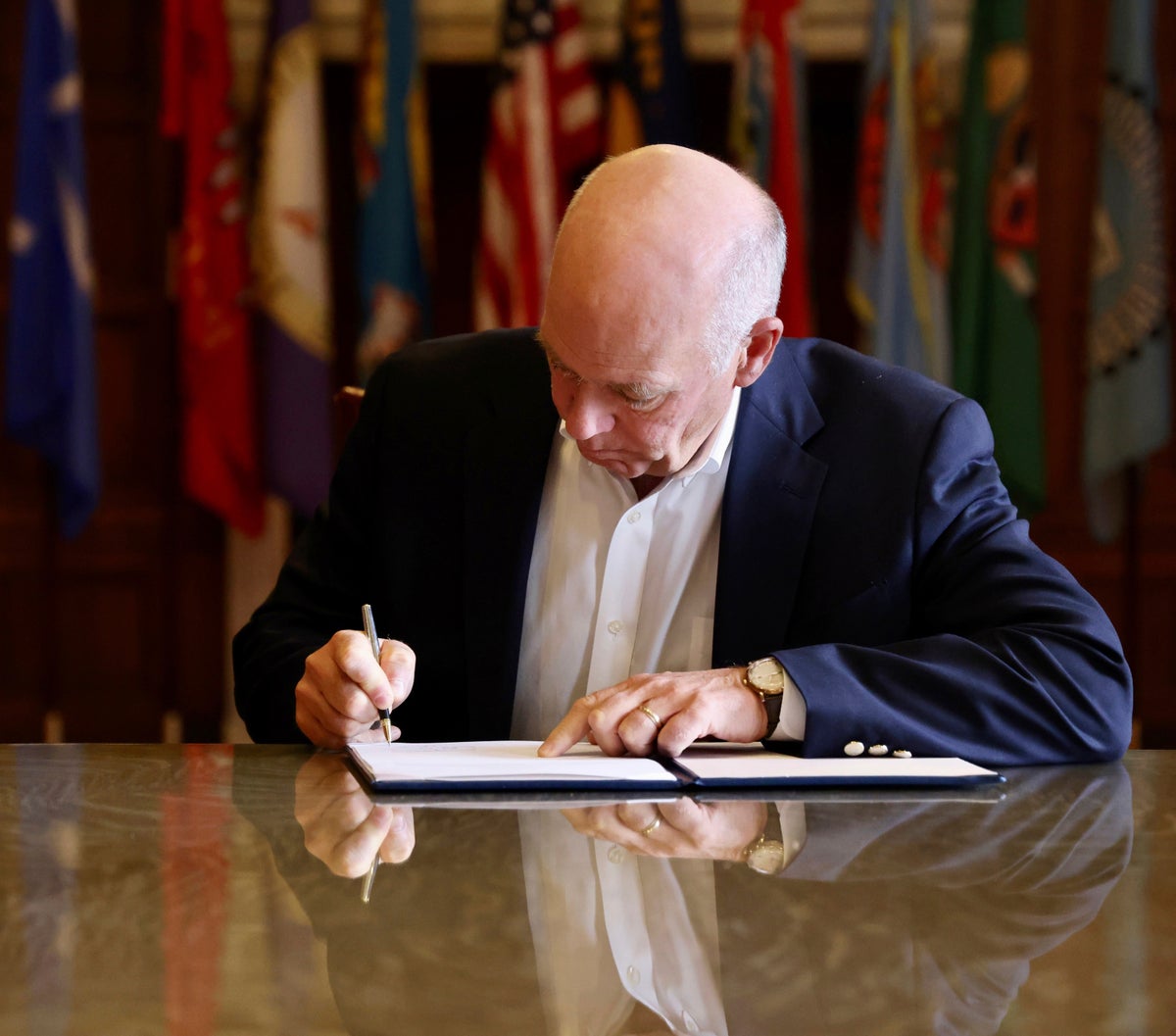
Montana has become the first US state to announce an outright ban of TikTok, however questions have been raised about both the legality and the practicality of the new law.
State legislators signed the bill into law on Wednesday, making it illegal for TikTok to operate in the state from January 2024. Some claim such a ban is unconstitutional, as it challenges the First Amendment right to freedom of speech and the press, while others note that it would be “impossible” to enforce.
“Montanans are indisputably exercising their First Amendment rights when they post and consume content on TikTok,” Jameel Jaffer, executive director at the Knight First Amendment Institute at Columbia University, told The Independent.
“Because Montana can’t establish that the ban is necessary or tailored to any legitimate interest, the law is almost certain to be struck down as unconstitutional.”
Montana’s 200,000 TikTok users will not face any repercussions for using the app, however TikTok and other companies face a $10,000 daily fine for each time someone accesses the app or is “offered the ability” to download it.
Apple and Google have not spoken out against the law, but a representative for TechNet, the trade group that counts the two tech giants as its members, has said app stores don’t have the ability to “geofence” apps in different states and it would be impossible to prevent TikTok from being downloaded in Montana.
The group has also said the responsibility should be on an app to determine where it can operate, not an app store.
Telecoms analyst Roger Entner, of Recon Analytics, said he believes the app stores could have the capability to enforce the law, but it would be cumbersome to implement and full of loopholes.
Apple and Google’s address-linked billing could be bypassed with prepaid cards and IP geolocation easily masked by using a VPN service, which can alter IP addresses and allows users to evade content restrictions, said mobile security expert Will Strafach, the founder of Guardian, which makes a privacy protection app for Apple devices.
Oded Vanunu, head of products vulnerability research at the cyber security firm Check Point, agreed it would be difficult for app stores to isolate a single state from downloading an app. He suggested it would be more feasible for TikTok to comply since it controls the software and can “adjust the settings based on the geographical location or IP addresses” of users.
TikTok could technically block any people from Montana using the app by tracking their location, and disable the app if they are within a certain area, however this type of restriction can be easily bypassed with VPN technology.
A legal battle is likely to follow, with TikTok hinting that a legal challenge will be launched in the coming weeks and months.
A spokesperson said: “We want to reassure Montanans that they can continue using TikTok to express themselves, earn a living, and find community as we continue working to defend the rights of our users inside and outside of Montana.”
Additional reporting from agencies






